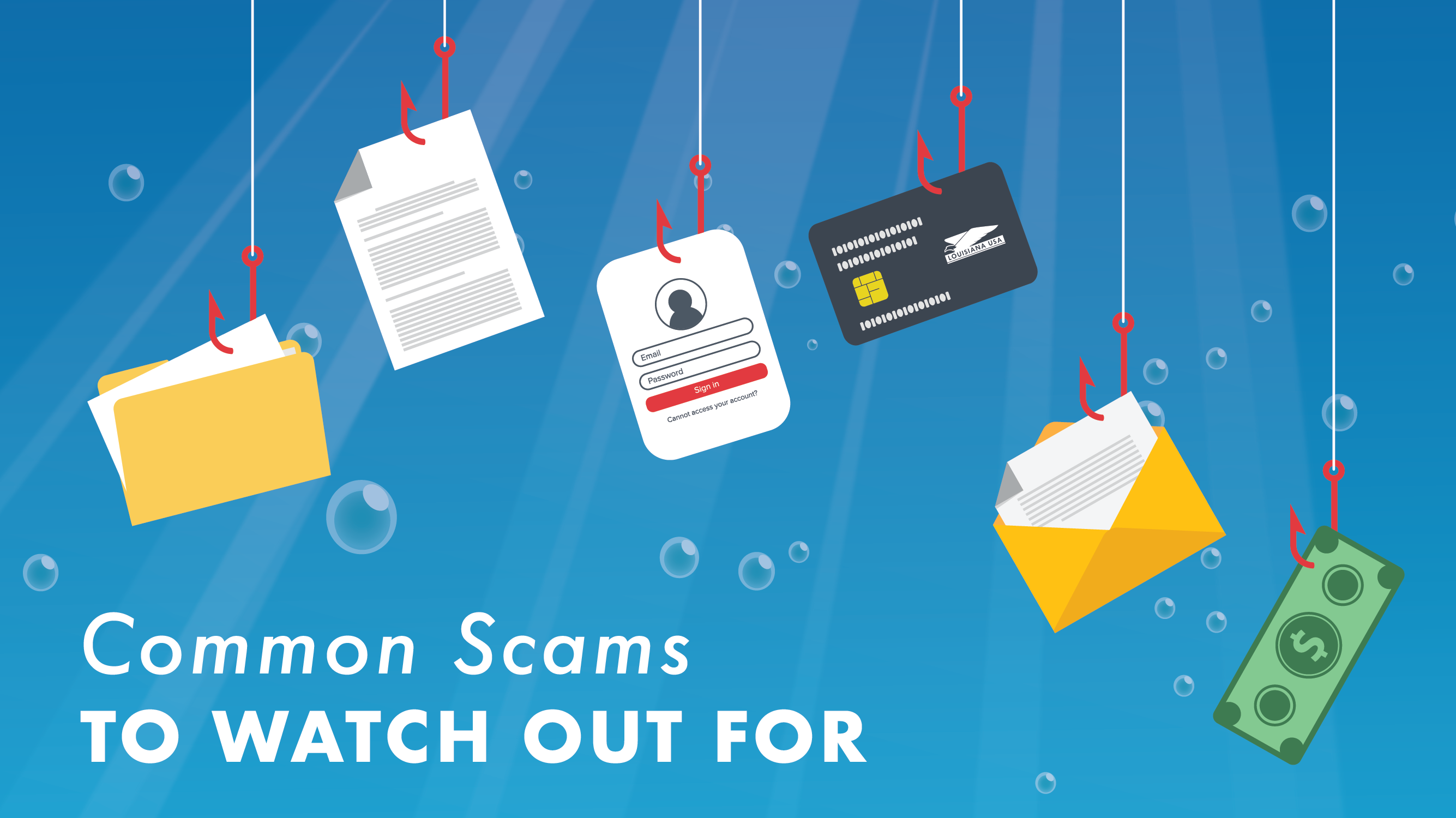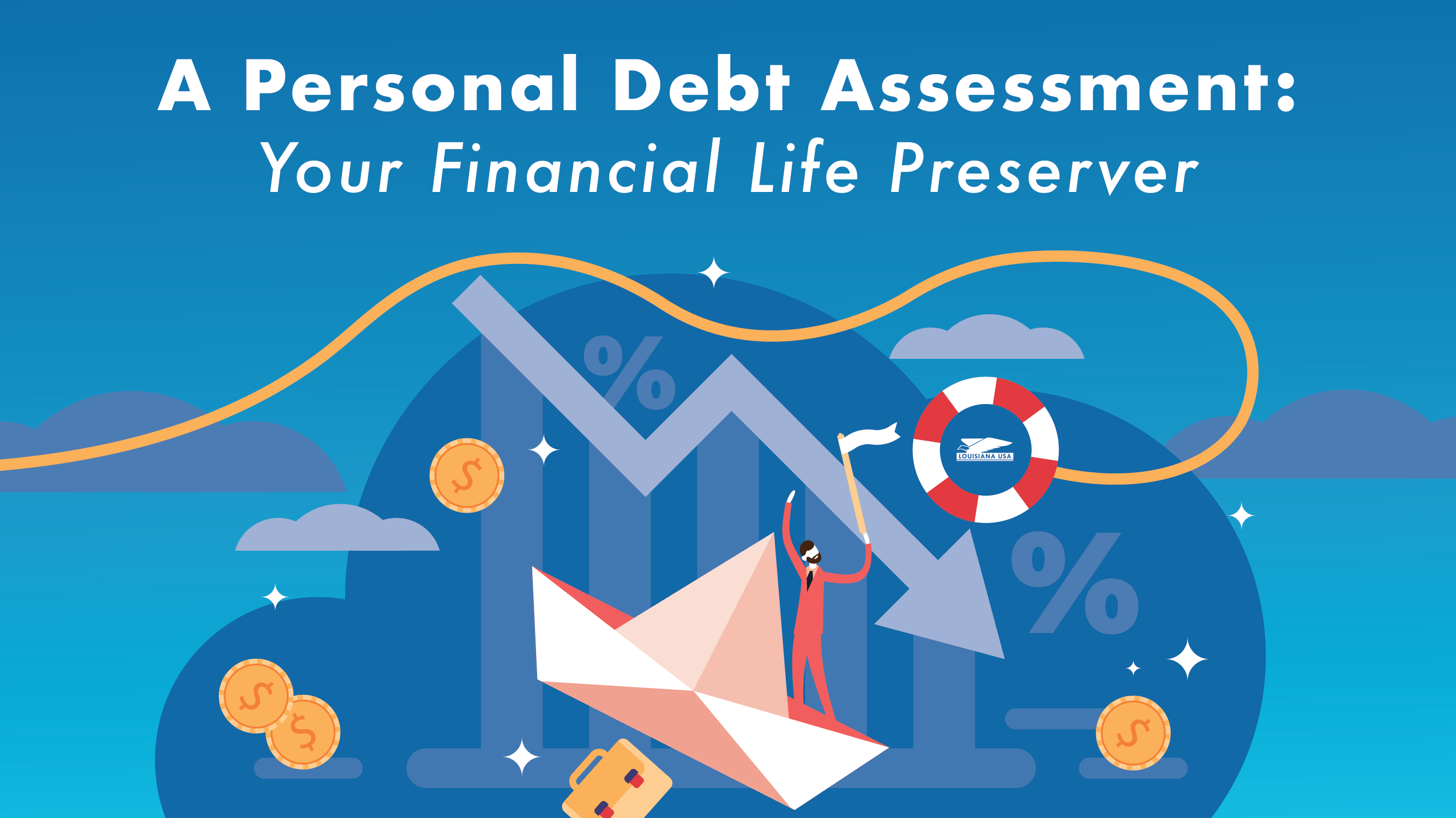
Common Scams to Watch Out For
From teenagers to older adults, scammers target anyone. Whether through phone calls, text messages, emails or social media, scams come in all forms and are growing all too common. According to the Federal Trade Commission (FTC), Americans lost more than $5.8 billion to scammers in 2021, a 70% increase from 2020.
Your best defense from costly scams? Awareness. Here are some of the most common and prevalent scams to watch out for.
Imposter Scams
This is the most commonly reported scam and cost Americans more than $2.3 billion last year. This is when a scammer pretends to be a legitimate business and asks for money. Imposter scams come in various forms. The most common ones being social security, auto warranty and wireless provider scams. An increasingly common imposter scam involves scammers posing as major corporations like Amazon, Microsoft and Apple asking for account information.
What to do:
If you receive a phone call, email or text regarding your account’s security, unauthorized purchases or anything that involves your personal information, it is most likely an imposter scam. In these situations, it is crucial not to give out any information, inform loved ones of the scam and report it to the FTC.
Online Shopping Scams
This involves scammers pretending to be legitimate online sellers, either through a fake website or a fake ad placed on a genuine retailer site. These scams usually offer luxury items like famous brands of clothing, electronics and jewelry at unbelievably low prices. This can also involve scammers selling fake well-known brands on credible sites like Amazon.
What to do:
Before purchasing discounted items online, compare prices from credible websites like a brand’s official website. Contacting a brand’s customer service team to confirm whether a retailer is an authorized distributor or a scammer is also helpful.
Fake Sweepstakes, Lotteries and Prizes
This is when a scammer uses the promise of a prize to steal victims’ money or personal information. It typically involves a phone call, email or letter saying you have won a sweepstake, lottery or prize like a new car or luxury vacation. For you to redeem your “prize,” scammers ask for a payment or personal information.
What to do:
Like an imposter scam, it is crucial not to give out any personal information or money if you think a prize scam is targeting you. Report it to the FTC and inform your friends and family of the scam.
If you think any of your Louisiana USA accounts or cards have been compromised by a scammer, contact us so that we can help you handle it immediately.





